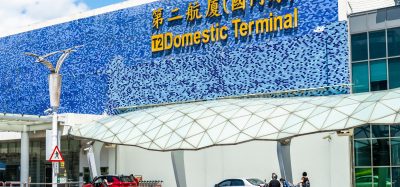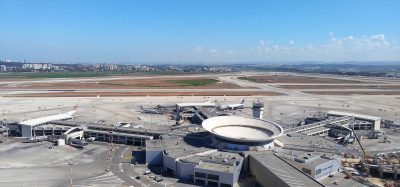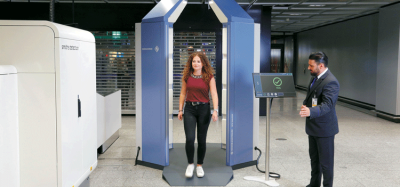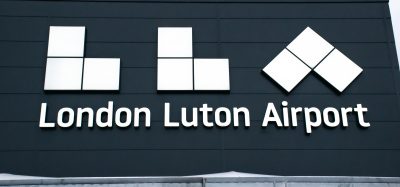Budapest Airport’s new initiatives enhance travel experience for passengers with hidden disabilities
Posted: 25 October 2024 | Gabriel Higgins | No comments yet
Budapest Airport has announced several initiatives to help passengers with hidden disabilities travel with ease, with passengers now able to indicate already when booking their flights if they need special assistance.
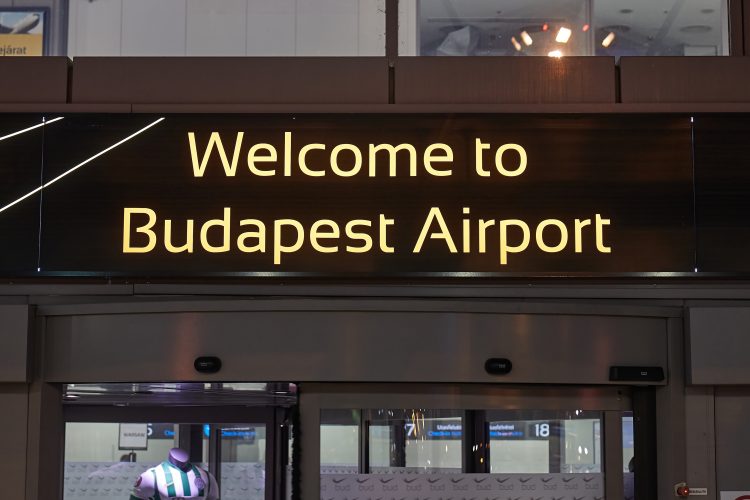

Budapest Airport (BUD) has announced several initiatives to help passengers with hidden disabilities travel with ease. A few of the initiatives it has joined include the globally recognised Hidden Disabilities Sunflower programme, and dedicated waiting area for passengers with a high sensitivity to external stimuli.
“It is of utmost importance for Budapest Airport that all passengers should feel safe and comfortable at the airport. Joining the Sunflower Programme and providing the sensory room to a very significant proportion of people, the hidden disability community, will help to make travelling a relaxing and real experience for them too,” emphasised István Szabó, the chief passenger services officer of BUD. He added: “We have taken numerous steps in recent years to help passengers living with disabilities; for example, by improving accessibility, providing tactile paving and a dedicated application for blind and partially sighted passengers. Our two new projects follow this series of measures”.
How will these new initiatives help passengers with hidden disabilities?
The signs of asthma, autism, Crohn’s disease or even dyslexia may not be obvious to an outsider, but they can require special attention, help and empathy even in the most ordinary situations. To support passengers with invisible disabilities, BUD has joined the international Hidden Disabilities Sunflower (HDS) programme, as part of which it has trained its staff working in passenger service areas to recognise Sunflower wearers, helping them to have a relaxed airport experience. The passengers concerned can indicate they have a hidden disability by wearing the Sunflower sticker or a lanyard and airport staff will ask them how they can help and provide support, understanding, extra-time and kindness.
Passengers can indicate already when booking their flights if they need special assistance, such as a medical professional to accompany them at the airport. If they do not require an escort, but need special attention and support during certain airport procedures, they can turn directly to the airport staff wearing the sunflower symbol, or indicate their need at the information totem or the information desk on site and may request a hidden disabilities lanyard. The Autism Foundation will also provide such an accessory on request, for those who contact them.
In addition to becoming a Sunflower-friendly airport, in September BUD opened a sensory room in Pier 1, next to the children’s play area, where people with autism or sensory sensitivities, i.e. those who are highly sensitive to external stimuli, can prepare for their flight in a relaxed environment. Here, passengers can escape from the hustle and bustle of the terminal, into a calming environment, where the furnishings, lighting and soundproofing all support a stress-free airport experience.
Due to limited capacity, BUD asks passengers to use the sensory room only if they have a genuine sensory or hypersensitivity disability, helping to ensure that passengers with additional needs can wait in an appropriate environment. For those who need a quiet retreat or need to have a meeting before travelling, four soundproofed quiet boxes accommodating two people each are available at the airport, for free use. Find out more about the Hidden Disabilities Sunflower by visiting their website.
Join our free webinar: Transforming Airport Security – Innovation, Impact, and the Passenger Experience
The landscape of airport security is undergoing a profound transformation, driven by evolving threats, technology, and passenger expectations. This webinar focuses on how AtkinsRéalis has been transforming security processes at some of the world’s busiest airports with smarter, more adaptive solutions.
Date: 4 Nov | Time: 14:00 GMT
REGISTER NOW TO SECURE YOUR SPOT
Can’t attend live? No worries – register to receive the recording post-event.
Related topics
Accessibility, Airport development, Equity, Diversity & Inclusion (EDI), Innovation, Operational efficiency, Passenger experience and seamless travel, Passengers with reduced mobility (PRMs), Social responsibility, Sustainability, Terminal operations




